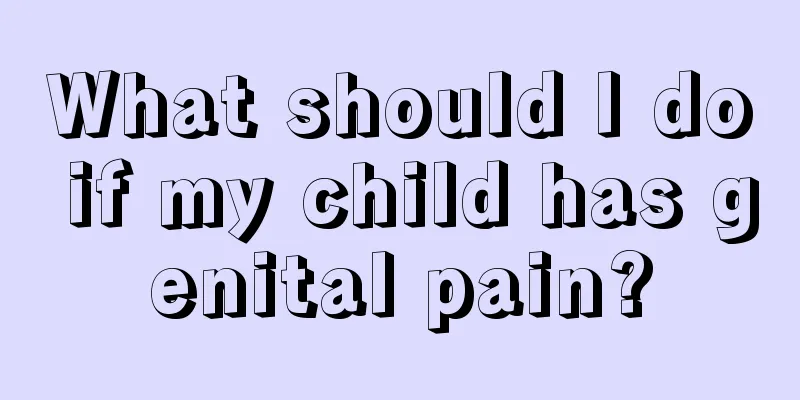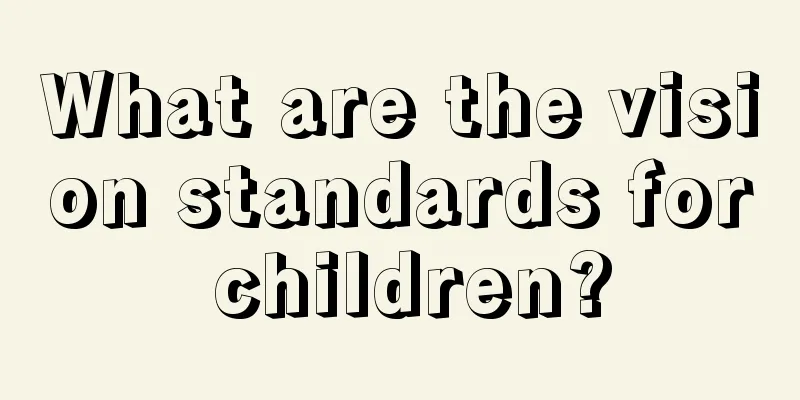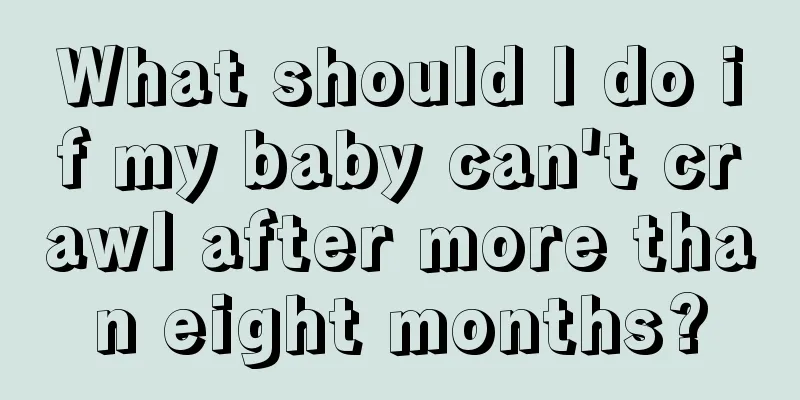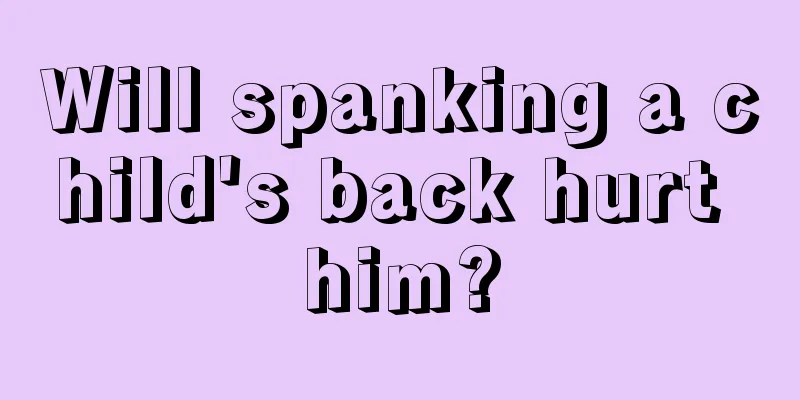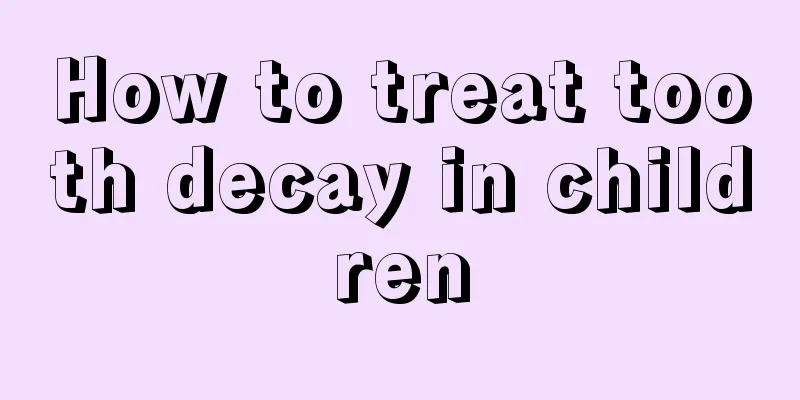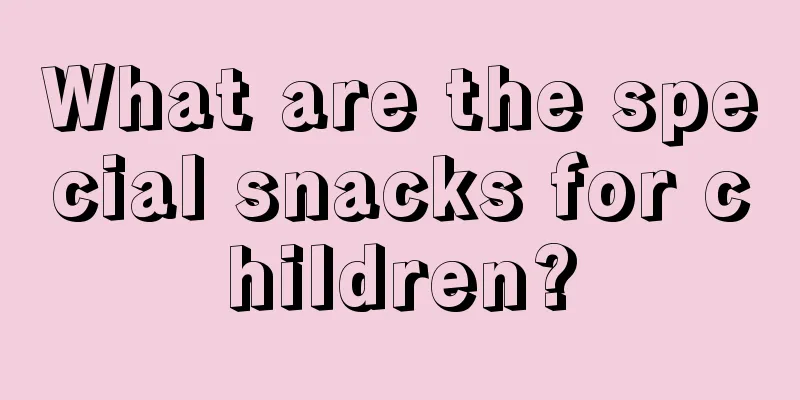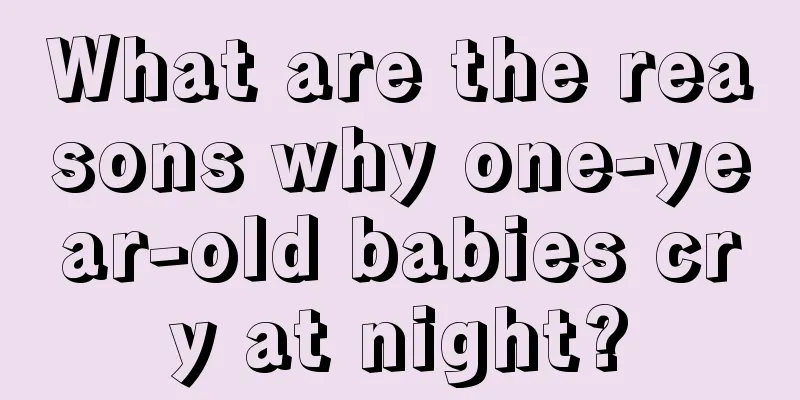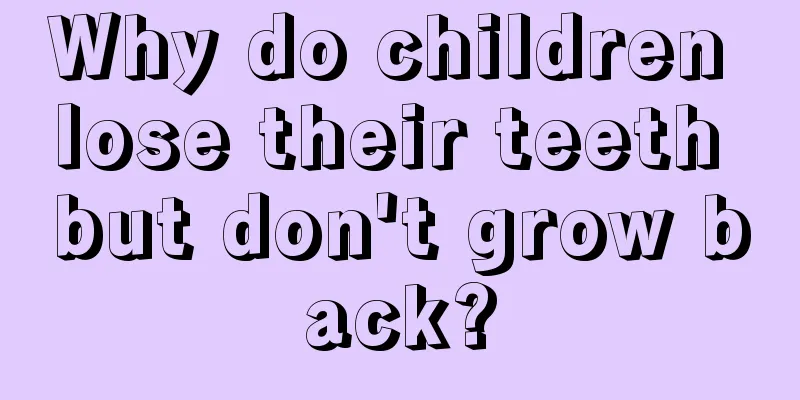Symptoms of convulsions in two-month-old babies
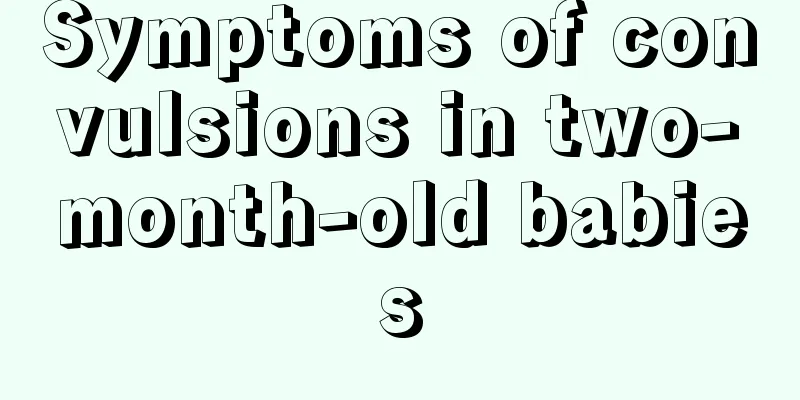
|
Every change in the baby after birth is watched by the mother. Because many new mothers do not understand the baby's growth and development very well, sometimes their judgment of the baby's physical condition is not very accurate. From birth to adulthood, every day is very difficult for babies, and mothers worry about their babies growing up healthily. Some mothers have found that their two-month-old babies have symptoms of convulsions. Let’s understand what causes the baby’s convulsions.
1. Generalized tonic convulsions: The muscles of the whole body are rigid and twitching in waves, showing opisthotonos (the head is tilted back and the whole body is bent backward in a bow shape), the eyes are rolled up or staring, and the patient is unconscious. 2. Localized convulsions: only local muscles twitch, such as twitching of only one side of the limbs, or twitching of facial muscles, or twitching of fingers or toes, or eye movements, nystagmus, blinking, staring, etc. Most are unconscious. The above convulsions can last for a few seconds or several minutes, and in severe cases can last for several minutes or recur repeatedly. Convulsions lasting more than 30 minutes are called persistent state convulsions. 3. Febrile convulsions: mainly seen in children aged 6 months to 4 years who have convulsions when they have high fever. High fever convulsions are short-lived, and consciousness recovers quickly after the convulsion. They often occur in the early stages of a fever. During a fever, there is often only one convulsion. Brain diseases and other serious illnesses can be ruled out, and an EEG will be normal one week after the fever subsides.
1. Infection Infections with pathogenic microorganisms, such as meningitis, brain abscess, sepsis, tetanus, etc., can all cause convulsions in babies. It is particularly important to note that tetanus patients usually experience clenched teeth at the same time as convulsions occur. If the baby has been infected in the mother's womb, convulsions will generally occur 3 days after birth; if the baby is infected after birth, similar phenomena will often occur 1 week later. 2. Drug poisoning or side effects Overdose of stimulants, excessive doses of anti-asthma drugs (such as theophylline), organophosphorus pesticide poisoning, etc. may all cause convulsions. In addition, the use of anesthetic drugs or anti-epileptic drugs during pregnancy will affect the fetus through the placental barrier. After the baby is born, he or she no longer receives the medication, which results in withdrawal reactions: postnatal convulsions and twitching, which usually return to normal within 1-2 days.
It occurs within a few days after birth, with a relatively high frequency, but the condition is generally not serious. If this problem has existed in the family, then it is likely to be hereditary. Moreover, if the baby's central nervous system is underdeveloped or deformed, such as when the baby has hydrocephalus, or a deformed head, or brain dysfunction, convulsions may occur. Now parents know what symptoms of baby convulsions are. If the baby shows symptoms of convulsions, parents must pay attention to it and take the child to the hospital for examination in time, because sometimes convulsions may be caused by some serious diseases, such as epilepsy. If the examination is not carried out in time and the disease is delayed, the child will suffer more serious harm. |
<<: Early symptoms of epilepsy in children
>>: What are the symptoms of infantile epilepsy?
Recommend
The child does not take medicine
If you have experience in taking care of children...
What to do if children have a lot of runny nose due to rhinitis
Rhinitis is a very common disease with many cause...
What to do if a seven or eight-year-old child is disobedient
For children aged seven or eight, they already ha...
What to do if children have bacterial infection and fever
When children feel unwell, they need to go to the...
Treatment for infant feeding difficulties
Many of our newborns have difficulty in feeding, ...
Seven-month-old baby sweats on the back of his head while sleeping
After seven months, the baby has grown a lot. The...
What medicine should babies take for intestinal infection
Children's intestines are the most vulnerable...
What causes children's knees to crack?
Many mothers are worried when they find that thei...
What are the symptoms of crush syndrome?
Some people were found to have crush syndrome aft...
What is the reason for hair loss in three-month-old babies?
Three-month-old babies are in the period of growt...
Is it harmful if children are not vaccinated?
Vaccination is a responsibility and an obligation...
What will happen if a child has long-term occult blood?
The food ingested by the human body is mainly dig...
Two year old baby cries all the time
Many parents are very annoyed because their two-y...
What should I do if my seven-month-old baby has a fever of 38 degrees?
It is very common for babies to have a fever, and...
How to choose a baby pillow
When choosing a pillow, you must pay attention to...
